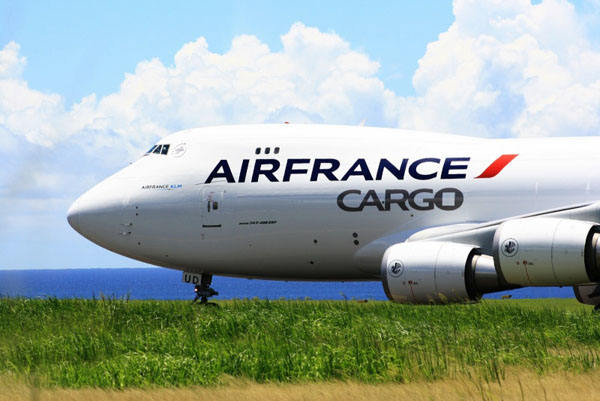Boeing projects air cargo traffic will grow at an annual rate of 4.2% over the next 20 years, and estimates that 930 new and 1,440 converted freighters will be needed to meet market demand by 2035. The company released its biennial World Air Cargo Forecast at the TIACA (The International Air Cargo Association) Air Cargo Forum and Exhibition in Paris (26th-28th October).
"The air cargo market has faced several years of below-trend growth," said Randy Tinseth, vice president, Marketing, Boeing Commercial Airplanes. "As trade continues to recover, we're confident the air cargo market will see growth over the long-term."
Boeing’s optimism contrasts with the more measured tone of airline industry forecasts. The International Air Transport Association (IATA) recently declared that the ongoing sluggishness of global trade conditions continues to present a stiff headwind for air freight. In IATA’s view, any new impetus to reinvigorate the stagnation in world trade volumes looks unlikely. The association concludes: “the tailwinds that used to propel global trade and air cargo volumes are likely to be much weaker in the future than they were in the past.”
Boeing projects the e-commerce market will be one of the primary factors driving growth, reaching $3.6 trillion by 2020. Additionally, China's express market keeps expanding, with a five-year growth rate of 55% in volume and 39% in revenue.
The forecast shows markets linked to Asia will lead all other international markets in average air cargo growth. Dedicated freighters still carry more than half of air cargo traffic and remain the leading cargo capacity provider.
Boeing forecasts that the world air cargo fleet will expand by 70% by 2035, adding a total of 2,370 freighters to the market. The forecast sees demand for 550 large production freighters, 380 production medium widebody freighters, 400 widebody conversion freighters and 1,040 medium conversion freighters.

